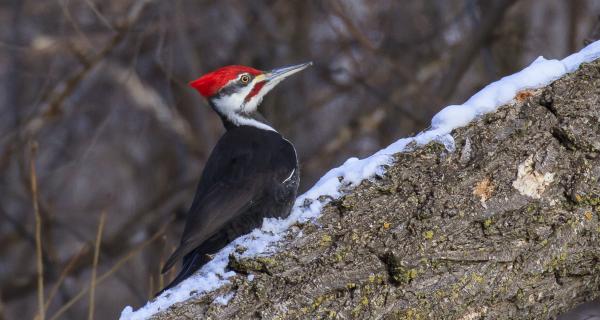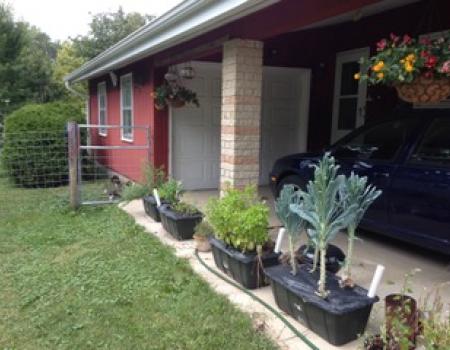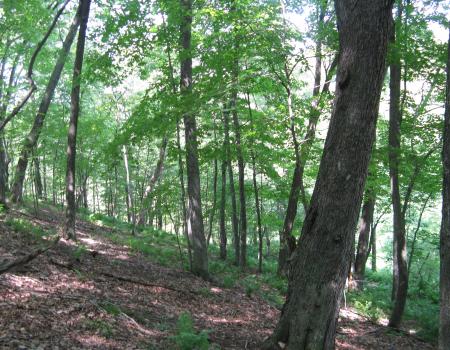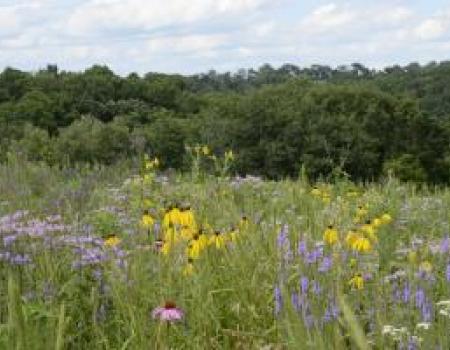Together, we can make a difference
What is it about the Driftless area you love? Is it the foggy mornings overlooking the valley? Or going fishing with your family in the spring? Perhaps it’s the sounds of migrating sandhill cranes and the call of the spring peepers.
Too often we think of climate change as occurring on a global scale or something that will happen in the future. Yet climate change already is causing profound changes with damaging effects to the land and water you love. Wildlife habitat, lakes and streams, and farmland, right here in the Driftless Area, are at risk as never before.
All climate scientists worldwide agree that the Earth is warming, and it is mainly caused by human activities. That’s not to say that the climate hasn’t always been changing. It has. The challenge now is that it’s changing faster than any time in history.
Examples here in the Midwest are all around us.
Heavy-rain events have risen 37% in the Midwest since the 1950s, and the magnitude of river floods is steadily increasing. Farmers find that in one year their fields are too wet to plant and the next year too dry to get a crop to harvest; what was already a difficult farming situation is getting harder.
National Audubon has found that two-thirds of our North American bird species are at risk of extinction because of climate change. And local waterways, wetlands, and rivers are facing the impacts of both flooding and erosion, as well as drought.
Climate change is now the biggest threat to the wildlife, land, and water we all depend upon, right here in the Driftless Area..
It can feel daunting to address the challenges of climate change. Yet, together, we have the solutions before us.
We invite you to download our Climate Action Plan that includes ideas for everyone who cares to help.
Together, we need to do more.

Survival by degrees: 389 bird species on the brink
Audubon scientists used the latest climate models to project how North American bird species' range will shift as climate change and other human impacts advance across the continent. They may not survive.


